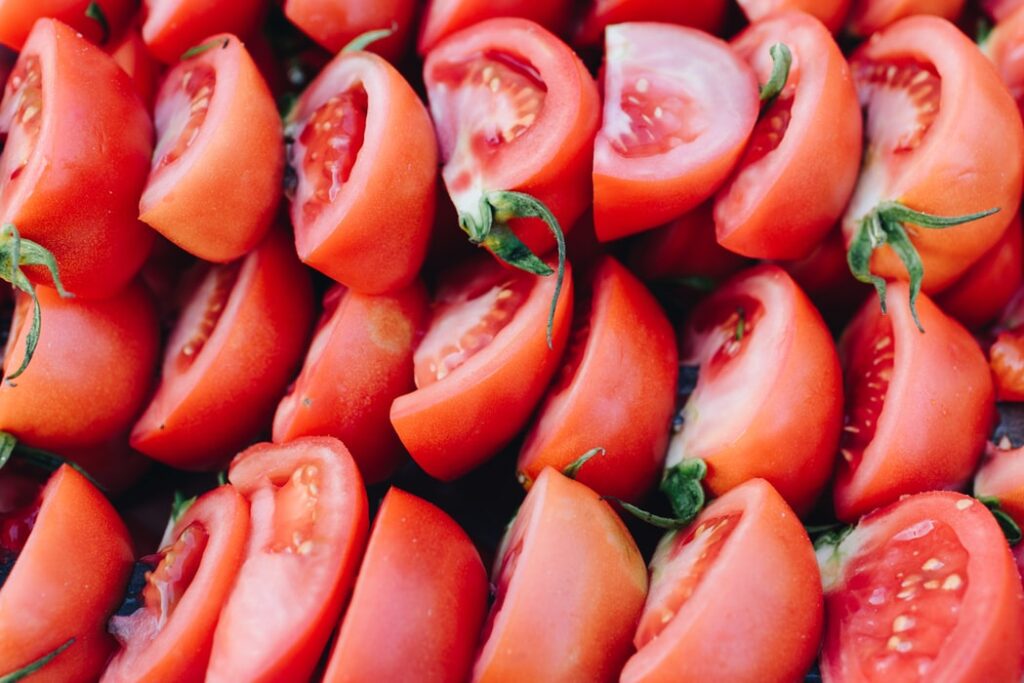Few food groups are as beneficial to health as fruit. Detoxifies, fortifies, regenerates, nourishes, provides important elements, and is loaded with antioxidants. And, in addition, it refreshes. Summer is an optimal time to give it the maximum possible prominence in our diet.
The summer months are the best time of year to consume fruit. At no other time will we have such varied, healthy, and appetizing options. Melon, watermelon, avocado, grapefruit, mango, grape, figs, plums, or coconut are all very refreshing foods with very beneficial effects on health.

Good nutrition is essential to promote an excellent physical appearance. A diet low in nutrients causes a dull, dull appearance. We must balance our diet and nothing better than fruit, rich in nutrients, vitamins, and minerals, to replenish, rejuvenate and regenerate our appearance and, most importantly, our body. Food is the best beauty treatment and fruit is an essential part of it. These are the most relevant pieces that we can choose when we go to the market at our favorite fruit stand.
1 Melon:
It is not entirely clear if it comes from Africa or the Middle East, but in any case, it has been present on our tables for at least 5,000 years. It is highly recommended in summer because it contains 85% water, is low in calories -around 35 per 100 grams-, provides fiber and carbohydrates and very little protein, and even less fat. For all this, it is especially suitable for weight loss diets and is very beneficial for the nervous and muscular system due to its high potassium content.
It also provides phosphorus, magnesium and calcium, folic acid, and vitamins A and C. It is also a diuretic, cleanser, and slightly laxative, it favors the formation of red blood cells and is recommended for people who suffer from gout and rheumatism. It is a good ally for the skin. It is best eaten alone, so you can have it cut and prepared in the refrigerator and consume it from time to time.
2 Watermelon:
One of the great stars of the summer. It belongs to the same family as the melon, the cucurbits and, like it, it produces a multitude of beneficial effects on the body. It is a very healthy food, very low in calories and with high water content, more than 90% of its composition. So when the heat hits, nothing better to hydrate than a good portion of watermelon.
It is rich in vitamin C and therefore improves the immune system and prevents cell damage but also contains a wide variety of vitamins and minerals. It helps heal wounds, its high lycopene content improves the quality of our bones and drives away the ghost of osteoporosis. It has a lot of fiber and is very healthy for the cardiovascular system and reduces the concentration of fat in our cells thanks to citrulline. It is also good for the eyes because it is an important source of beta-carotene and vitamin A. It is diuretic, anti-inflammatory, and antioxidant and, according to some studies, helps prevent cancer, especially prostate.
3 Figs:
There are remains of this fruit in excavations of more than 7,000 years ago. They come, it seems, from the Middle East and today they are present on all continents. They belong to the mulberry family and are sweet and juicy. They can be eaten alone, dried or in salads and desserts. They are rich in fiber and essential minerals such as calcium, which means that it is good for bone density, copper, magnesium, manganese and potassium, which helps lower blood pressure.
Regarding vitamins, the presence of vitamin K and B6 stands out. They provide large amounts of dietary fiber, which is good for intestinal transit and for weight control. In addition, according to several studies, they reduce the risk of breast cancer by up to 34%. They are highly recommended because they protect the heart, regulate liver and kidney functions, lower blood pressure and reduce muscle degeneration. Its nutritional value per 100 grams is 74 calories and 3 of them calories from fat. A recipe: chopped figs, with spinach leaves and grated goat cheese or parmesan
4 Avocado:
Although it has a high fat content, a serving of avocado perfectly covers two-thirds of a person’s daily dietary needs. It contains 160 calories per 100 grams and about 15 grams of fat, especially monounsaturated fatty acids, although no cholesterol. One of its greatest virtues is the care of the skin and hair and because it helps to delay aging. So
